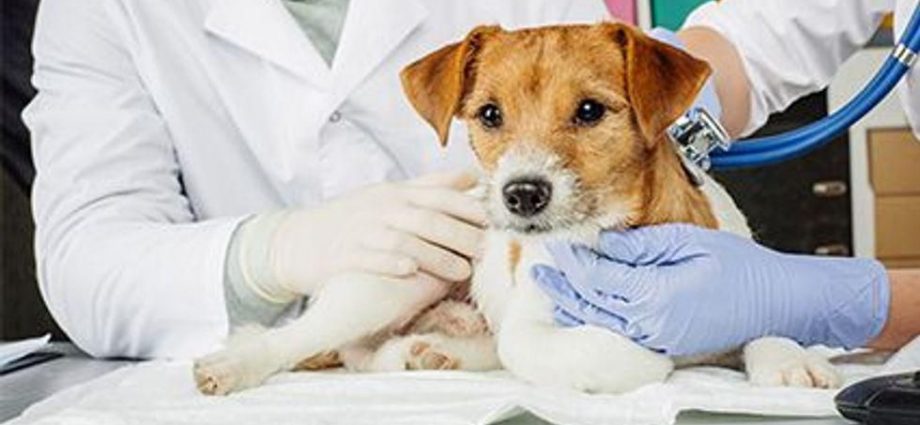SATURDAY, June 26, 2021 (HealthDay News) — When choosing and using flea and tick products for your pets, there are a number of things to consider, the U.S. Food and Drug Administration says.
Work with your veterinarian to select the right product for your pet’s species, life stage and weight.
These products range from pills and chews given by mouth to collars, sprays, dips, shampoos, powders, and “spot-ons,” liquid products squeezed onto the dog’s or cat’s skin, usually on their backs.
Don’t use a product on kittens or puppies unless the label specifically permits it, the FDA advises. Use flea combs to remove fleas and flea eggs, and a tick remover to take off ticks from puppies and kittens that are too young for chemical flea and tick products.
Talk to your vet before using a product on weak, old, medicated, sick, pregnant or nursing pets, even if they haven’t had problems with the products before, the FDA recommends. The same goes for pets with previous signs of sensitivity to flea or tick products.
Tell your vet about any other products you might be using or giving to your pet. That information could affect their recommendations.
Using these products properly is important. Read the product label carefully before use. If you don’t understand it, ask your vet or call the manufacturer. Follow directions exactly. If the label says use weekly, don’t use it daily. If the product is for use in the house or yard, don’t put it directly on your pet.
The FDA says you should wash your hands immediately with soap and water after applying a product or use protective gloves while applying. Store products away from food or items that could come into contact with a person’s mouth, like baby pacifiers, inhalers and cigarettes. Keep products out of the reach of children and pets.
After applying the product, watch your pet for side effects or adverse reactions, particularly if you are using the product for the first time. Side effects could occur immediately or sometime later.
If your pet has a bad reaction from a flea and tick collar, remove the collar immediately. If your pet experiences a bad reaction from any flea or tick product (spot-on, shampoo, dip or collar), call your vet right away, the agency advises. Signs could include dizziness, wobbliness, incoordination, poor appetite, depression, vomiting, diarrhea or excessive salivation. Some animals have had seizures and/or died.
More information
The ASPCA has more on fleas and ticks.
SOURCE: U.S. Food and Drug Administration, news release, June 16, 2021
Copyright © 2026 HealthDay. All rights reserved.

